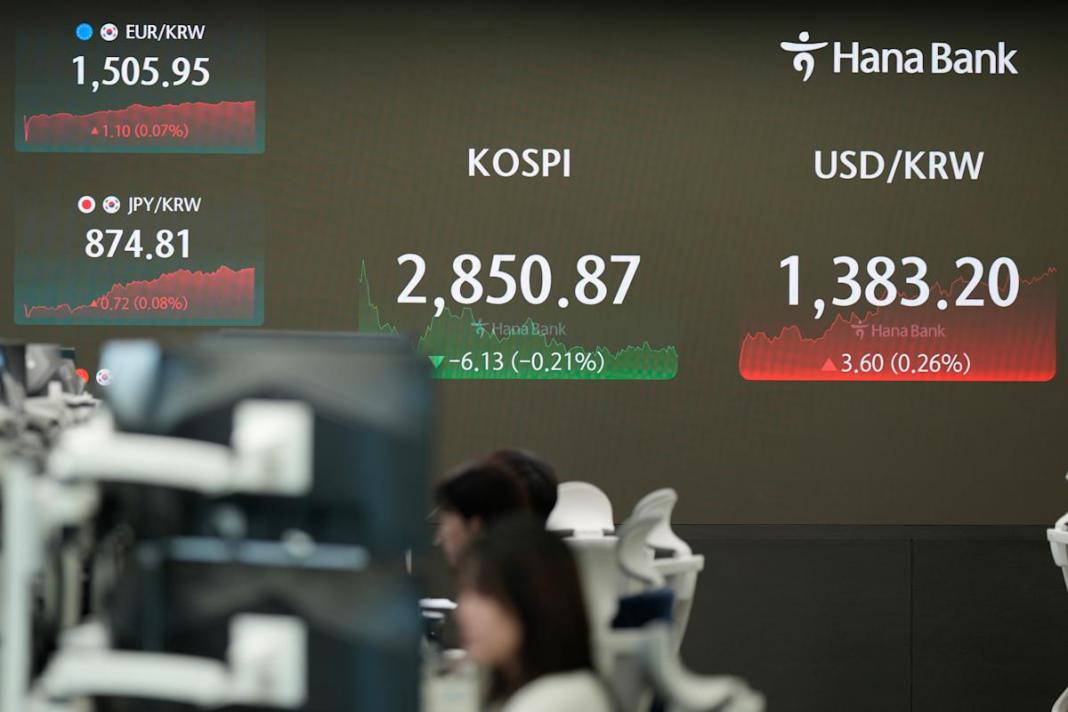Asian shares began the week on a mixed note as China reported slower-than-expected economic growth, while markets shrugged off a shooting incident at a rally for former President Donald Trump.
China’s economy expanded at a 4.7% annual pace in the last quarter, falling short of forecasts. Despite this, futures for the S&P 500 and the Dow Jones Industrial Average were up 0.2%.
Meanwhile, leaders of the ruling Communist Party in China started a four-day meeting in Beijing to set economic strategy for the coming decade. Investors are keenly watching for measures to revive the slumping property market and address local government debts.
The Hang Seng in Hong Kong fell 1.1%, while the Shanghai Composite slipped 0.1%. The central bank in China left its medium-term lending rate unchanged at 2.5%, affecting interest rates on mortgages and other loans.
In other parts of Asia, the Kospi in Seoul lost 0.1%, while the S&P/ASX 200 in Australia gained 0.9%. Markets in Tokyo were closed for a public holiday.
On Wall Street, U.S. stocks rose after mixed signals on big banks’ profits and inflation. The S&P 500 closed its fifth winning week in the last six, while the Dow and Nasdaq also posted gains.
Traders are anticipating a 94% probability that the Federal Reserve will start easing rates in September, as lower interest rates could help alleviate pressure on the economy.
In early trading, U.S. benchmark crude oil gained, with Brent crude also seeing an increase. The U.S. dollar fell against the Japanese yen but remained stable against the euro.
Overall, the global markets are navigating through a mix of economic data and geopolitical events, with investors closely monitoring developments for potential impacts on their investment decisions.


